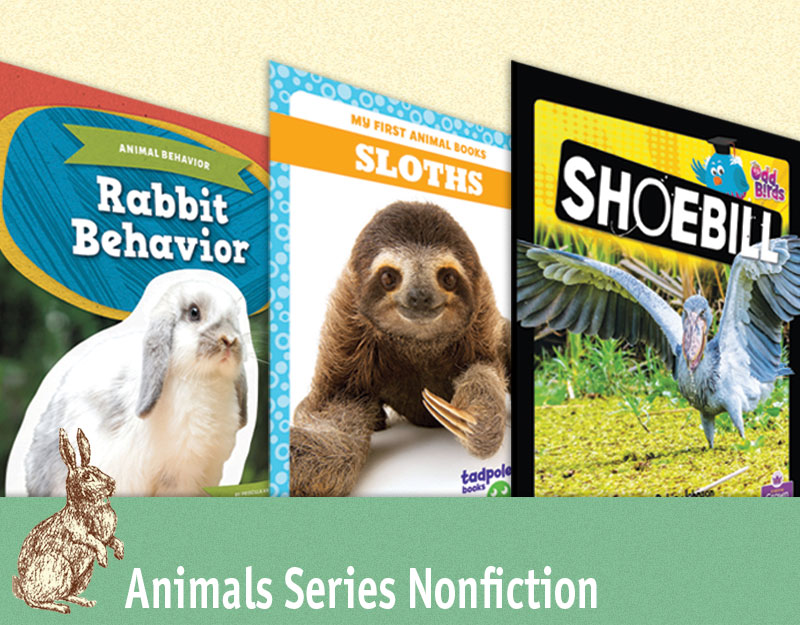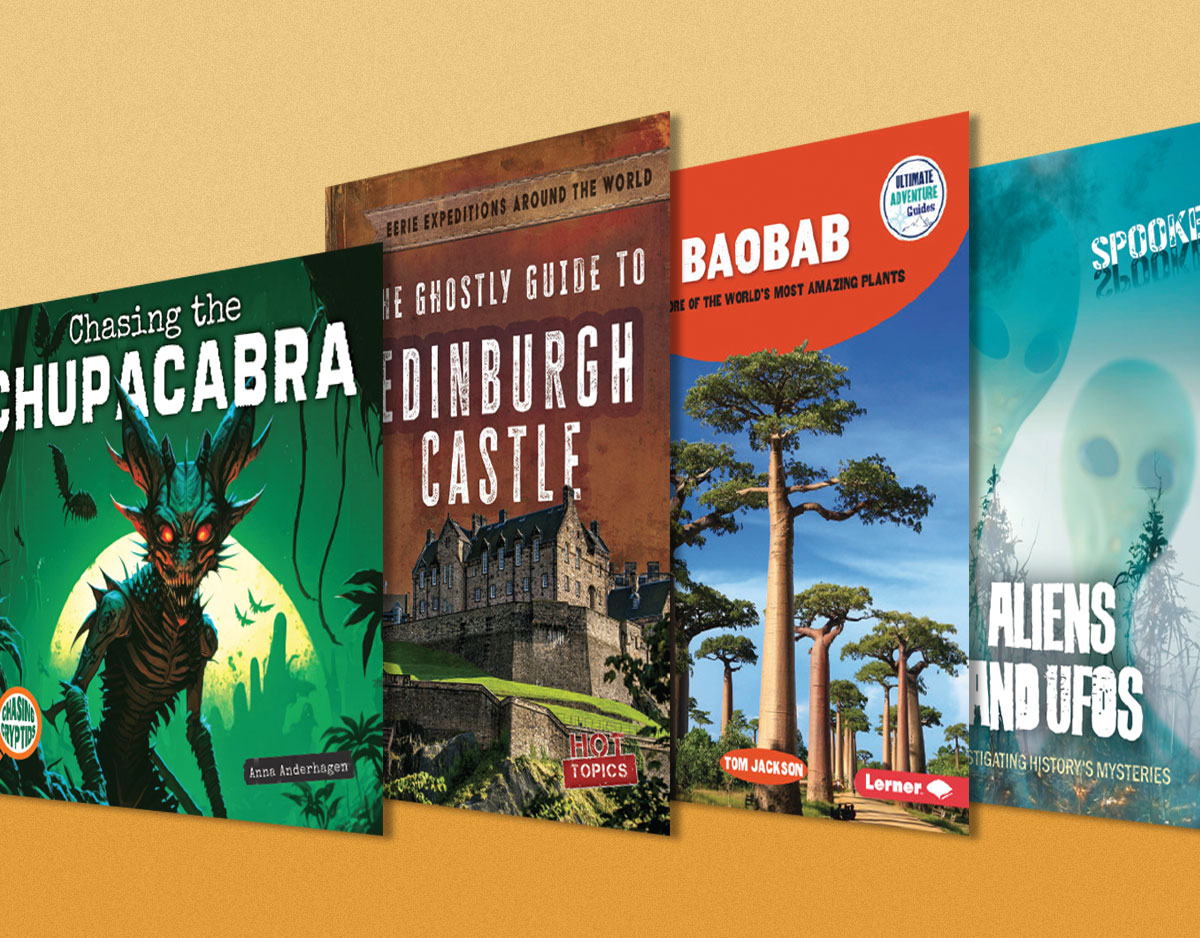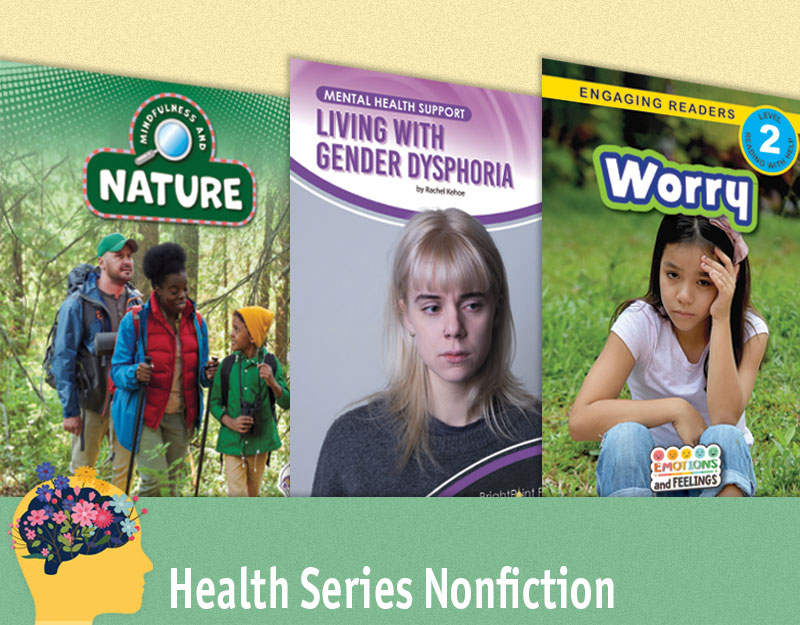An Interview with Author Sonja K. Solter
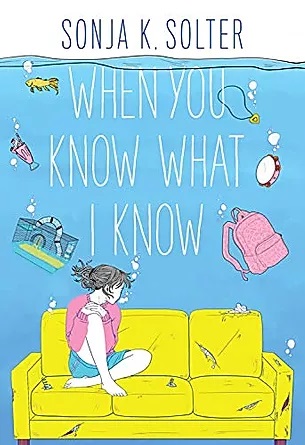
Sonja’s debut middle grade book, When You Know What I Know, published March 24, 2020. It is a sensitive, harrowing, and ultimately hopeful novel in verse about one girl’s journey in the aftermath of abuse.
Q: Tell us a little more about yourself.
I didn’t know I wanted to be a writer when I was younger (though I do remember enjoying writing a poem during an author’s visit in sixth grade). I was a big reader, and you might have thought I wanted to be a librarian because I even made library cards for all of my books! However, I always thought I would go into science and went down a medical science track for a long time before I realized that I wanted to write. I was also a Music Together® director and teacher for a few years, which was great fun! Currently, I live with my husband and two kids in Louisville, Colorado where I write and teach online as a creative mentor with Society of Young Inklings.
ADVERTISEMENT
ADVERTISEMENT
Q: How/when did you become interested in writing Middle Grade and Young Adult fiction?
When I shifted to writing, I also knew right away that what I wanted to write was kidlit. I believe that’s because it had such a deep and broad influence on me growing up, expanding my world with experiences both similar to and different from my own—and, even, expanding the scope of the universe for me, as some of Madeleine L’Engle’s work did.
Q: In the Author’s Note of When You Know What I Know you mention that your main character’s voice (Tori) came to you in the woods. Can you tell you tell us a little more about this experience and your journey of writing Tori’s story?
I’m a very intuitive writer, so most of the first drafts of my manuscripts come to me in chunks of scenes, often out of order. In this case, Tori’s voice came to me with the poem “Believe Me,” and just felt insistent that she wanted to be heard—not just by her mom, as in the poem, but by society as a whole.
Even though I experienced the beginnings of the story this way, however, I also know that much of my writing revolves around certain themes that are some of my ‘big questions’ in life: the human experience, relationships, etc. In this case, I was influenced by my realization from online comments on news articles that many people found it very difficult to understand the experience of trauma survivors. That lack of understanding can decrease empathy and, even, lead to not believing survivors.
Q: I am particularly interested in the variety of ways the people in Tori’s life respond to her revelation of abuse at the hands of a trusted adult. Can you speak more to these responses and how you developed the lives of the characters that circle around Tori?
There is definitely a theme in the novel of adults not responding in the ways they should to Tori’s revelation of abuse. In this book, both Tori’s mom and grandmother at first respond with denial and the assumption that she misunderstood what happened because she’s a child. Her mom realizes the truth far in advance of Tori’s grandmother, but, in both cases, this ties into a bigger question of how adults show up for kids when they need them. The way in which adults’ own issues and challenges lead them to fail kids, even if only in the moment, can apply to kids’ experience in a variety of circumstances. I think it’s important to show this kind of realism so that the fact that Tori can still receive support and be believed down the line also feels true. Tori’s healing journey, including addressing the disturbances to her relationships, is tough–she’s come through something genuinely difficult in a variety of ways–but that also makes it a whole, deep healing process, in which she’s facing what happened and honoring her feelings.
Q: In When You Know What I Know, Tori’s story is both poignant and hopeful. What do you hope your readers will take away from the story?
I hope that readers will continue to break the shame and taboo around the issue of sexual abuse. It’s absolutely appropriate that we all feel upset that sexual abuse happens, but that shouldn’t spill over onto survivors and their speaking out.
ADVERTISEMENT
ADVERTISEMENT
I also want readers to take with them the hope that things will get better, no matter what difficulty they are in, even if it doesn’t happen right away. And for them to keep reaching out for support, even if they don’t get it immediately.
Q: What is in your writing future? Are you working on any more ideas?
I always have fiction kidlit manuscripts in various stages of completion and revision—all the way from picture books up through YA. They range from more serious work with trauma to humorous picture books. So we’ll see what makes it into the world next!
Q: Finally, the question I ask all authors, what is your favorite flavor of ice cream?
My favorite flavor of ice cream is pear! It’s pretty unusual here in the United States, but more common in my mom’s native country of Finland, where I used to spend a few weeks each summer when I was little.
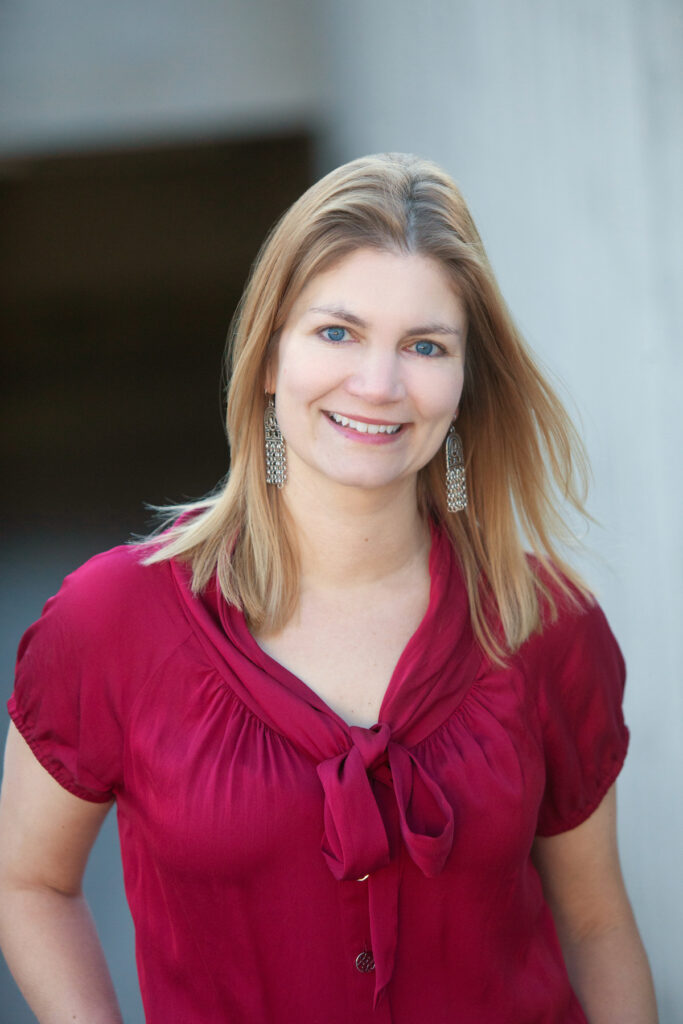
Sonja K. Solter traveled extensively with her family as a child and once brought over seventy books on a trip. (Her mother is still trying to figure out how that one slipped by her). Sonja graduated with an interdisciplinary degree in Human Biology from Stanford University and has an MFA in Writing for Children and Young Adults from Hamline University. Her master’s critical thesis was on writing trauma in middle grade and young adult realistic fiction. She is currently a creative writing mentor to youth with the Society of Young Inklings and enjoys writing poetry and prose for children of all ages.
Filed under: Uncategorized
About Robin Willis
After working in middle school libraries for over 20 years, Robin Willis now works in a public library system in Maryland.
ADVERTISEMENT
ADVERTISEMENT
SLJ Blog Network
Name That LEGO Book Cover! (#53)
Cover Reveal and Q&A: The One and Only Googoosh with Azadeh Westergaard
Exclusive: Vol. 2 of The Weirn Books Is Coming in October | News
Fighting Public School Book Bans with the Civil Rights Act
ADVERTISEMENT



